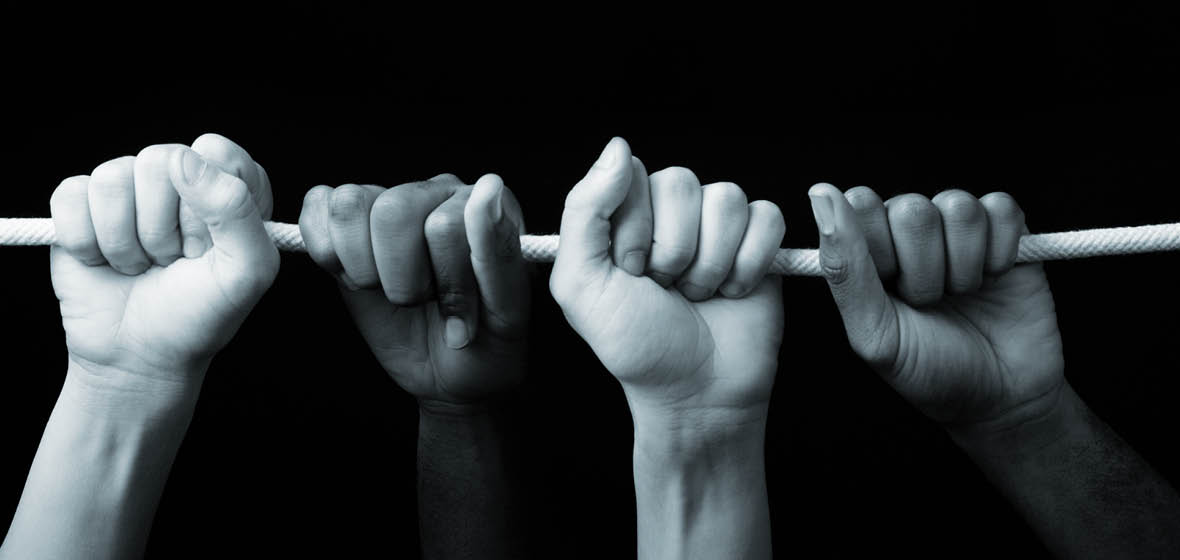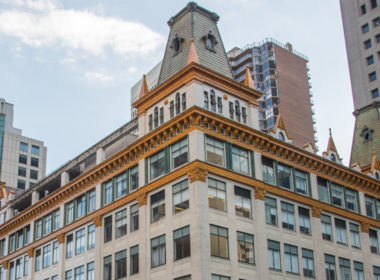Progress has been made but much is yet to be done 20 years after historic changes in South Africa.
Every year, South Africans mark Human Rights Day on 21 March to commemorate the 1960 Sharpeville massacre, when police opened fire on a crowd, killing 69 unarmed people who were protesting against the humiliating pass laws that controlled the movement of black people.
Besides a reminder of a dark period in the country’s history, this day also celebrates South Africa’s unique and highly acclaimed constitution. The bill of rights guarantees human dignity and equal rights to all citizens.
But, despite the constitutional protection of human rights and its relative success at providing basic services to citizens, the government struggles to meet the demands for socio-economic rights. For example, the pace of delivery of housing, water and sanitation, health care and education, which are provided for in the constitution, has been slow since South Africa’s transition to democracy.
The biggest concerns for many South Africans, according to Human Rights Watch, include access to treatment for people with disabilities, unemployment, corruption, freedom of expression, police brutality and violence.
What South Africa has going for it is its constitution. It needs to come to life by protecting human rights across the board. This can only happen if laws are made real, for example, by cases being taken to court to set precedents that protect rights.




